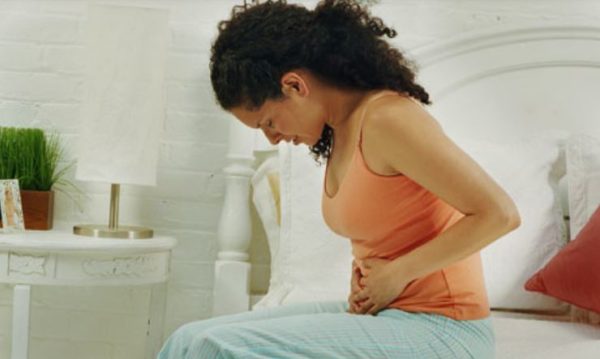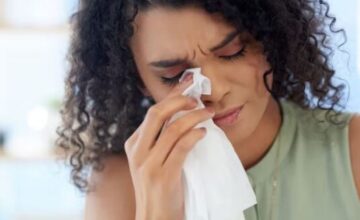
In the world of healthy eating, fat does not really enjoy a good reputation.
It is a general belief that consuming fat will make you fat and prone to heart disease. The reality is quite different from this.
Just like protein and carbs, fat is also one of the three vital macronutrients our body requires in large amounts to carry out its day to day activities.
It is a type of lipid-protein that provides energy, cushions the organs, helps cells grow and reproduce, and keeps the body warm.
Almost all the foods you consume in a day have some amount of fat. The difference is that some are healthy and necessary for optimal health, while others can open the way to myriad health problems.
For your internal organs to function efficiently, you not only need to eat healthy fat, but your body should be able to digest it.
In this article, we will look at signs which indicate that your body is not digesting fat as it should.
The process of fat digestion
The process of digestion begins as soon as we take a bite of our food. The saliva and enzymes present in our mouth start to break them so that they could be easily absorbed when they reach your colon.
Also, lipids are not water-soluble, which means water cannot absorb or break them. Our body produces some special enzymes to break down fat throughout the digestive tract. The two most important chemicals that help with fat digestion in the mouth are lingual lipase and phospholipids. These two turn fats into small drops. In the stomach, the process of digestion intensifies and 30 percent of fats are converted into diglycerides and fatty acids within 2–4 hours after having the meal. From there it is further broken down, absorbed by the cells and releases into the bloodstream
As fat digestion can be hampered by various conditions like liver disorders, small bowel syndrome, and problems with the small intestine. Here are five signs that your body is not absorbing fat efficiently.
1. Floating stools
Your stool unveils a lot of secrets about your health and if you see them floating in your toilet bowl, it means fat is not digested properly. These types of stools are paler in colour and keep returning to the surface after you flush. If it happens occasionally then it is nothing to worry about. When the stomach digest fat properly, the colour of the stool is mid to deep brown and it smells.
2. Heartburn
We tend to have heartburn after eating spicy or oily food or after eating hurriedly. But if you experience heartburn even after eating healthy food then it could be a sign of fat indigestion. Check with your doctors to know the cause or underlying health conditions.
3. Pain under the rib cage
4. Skin problems
Dull and dry skin that scars easily and takes time to heal is a visible sign of fat indigestion. Our skin is a fatty, water-insoluble barrier that protects our interior organs from the outside world. To do its function properly it requires fat. The deficiency of this nutrient can make your skin dry, scaly and itchy, which scars easily.
5. Low energy
How to improve fat digestion
How effectively your body digests fat can affect your overall health. So, to make sure your body performs this task efficiently here are some things that you may do:
Eating in moderation: Try to have fat in moderation. Taking a high-fat diet promotes the growth of bacteria in the gut and leads to weight gain.
Eating healthful fats: Try to include more healthy foods in your diet like nuts, beans, ghee, fish, egg. At the same time cut down the intake of processed fats, red meats, and fried foods.
Treat underlying health conditions: If you are suffering from any health conditions get proper treatment, especially for those affecting the liver and digestive system.




